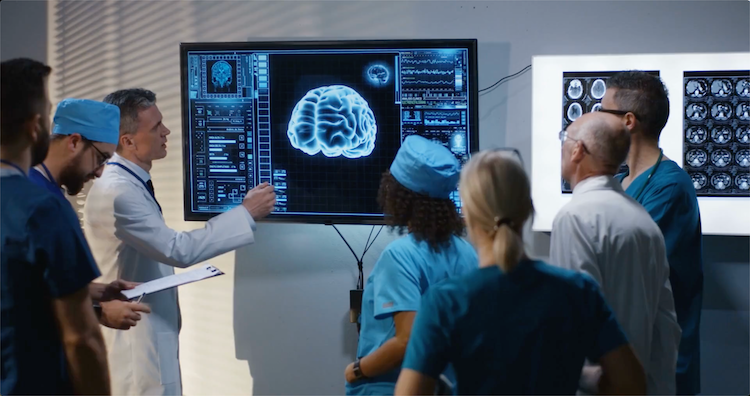What the experts have to say.
Most neuroscientists and psychologists agree on the power of these pillars to change your brain, your health, and your life outcomes, and especially if they’re adopted at an early age.
Here are just some observations on the science behind the pillars. These are not endorsements of the Brainisphere, just the science it’s based on.

“More and more studies are suggesting that kids who are taught to use metacognitive strategies early on are more resilient and more successful, both in and out of school.”
The Child Mind Institute
“Understanding the teen brain should be part of the education curriculum for teenagers..it’s empowering for young people to know and understand more about why they might be feeling a certain way.”
Sarah-Jayne Blakemore, Professor of Psychology and Cognitive Neuroscience at the University of Cambridge.
“Metacognitive training has demonstrated significant benefits in therapy, education and even business.”
Carleton University
“Thinking About Thinking Can Help Kids Build Resilience.”
PBS
“New research looks at the mental health benefits, finding that performing acts of kindness may help reduce symptoms of depression and anxiety.”
The American Psychiatric Association
“Metacognition is vital to the learning process and is an important part of your child’s emotional maturity.”
VeryWell Family
“Your brain has the ability to learn and grow as you age — a process called brain plasticity — but for it to do so, you have to train it on a regular basis.”
Harvard Health
“Having A Best Friend In Your Teenage Years Could Benefit You For Life.”
NPR
“Metacognitive strategies like self-reflection empower students for a lifetime.”
Psychology Today
“Research suggests that as a young person’s metacognitive abilities increase, they achieve at higher levels.”
Psychology Today
“We need human connection. Connecting with others on a physical and emotional level can improve our health and overall well-being.”
PSYCH CENTRAL
“Lack of social connection is a greater detriment to health than obesity, smoking and high blood pressure.”
Stanford Medicine
“Feeling connected can help people maintain a healthy body mass index, control blood sugars, improve cancer survival, decrease cardiovascular mortality, decrease depressive symptoms, mitigate posttraumatic stress disorder symptoms, and improve overall mental health.”
National Library of Medicine
“Good Social Relationships Are the Most Consistent Predictor of a Happy Life.”
Stanford Medicine
“Neurobiologists are providing the first visual evidence that learning promotes brain health.”
University of California
“Mindfulness and meditation are powerful tools that teens can use to manage their stress and emotional resilience to deal with life’s struggles. More and more schools are starting to introduce mindfulness and meditation into the curriculum.”
Cambridge University Press
“Burgeoning field of nutritional psychiatry is finding there are many consequences and correlations between what you eat, how you feel, and how you ultimately behave”
Harvard Medical School
“Nutritional psychiatry is developing into a real opportunity for clinical intervention for patients who suffer from depression and anxiety.”
Psychiatric Times
“We all seek a path to happiness. Practicing kindness toward others is one we know works.”
Dr. Waguih William IsHak, Cedars-Sinai
“Acts of kindness can release hormones that contribute to your mood and overall wellbeing. The practice is so effective it’s being formally incorporated into some types of psychotherapy.”
Cedars-Sinai
“Put simply, what you eat directly affects the structure and function of your brain and, ultimately, your mood.”
Harvard Medical School